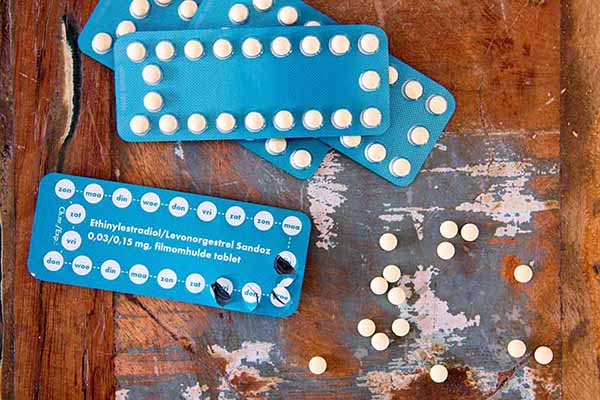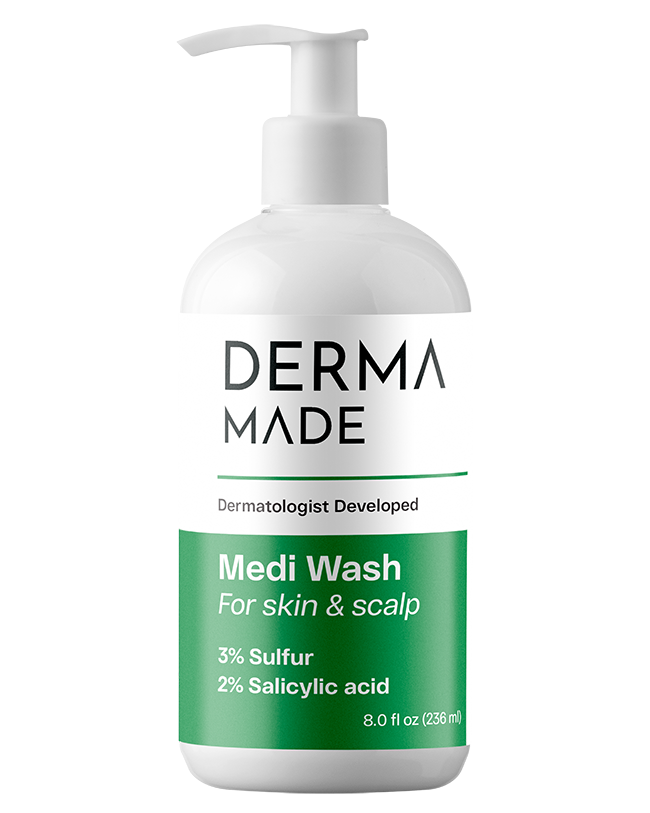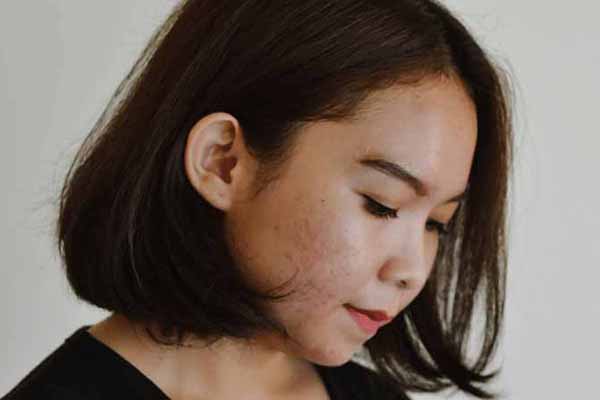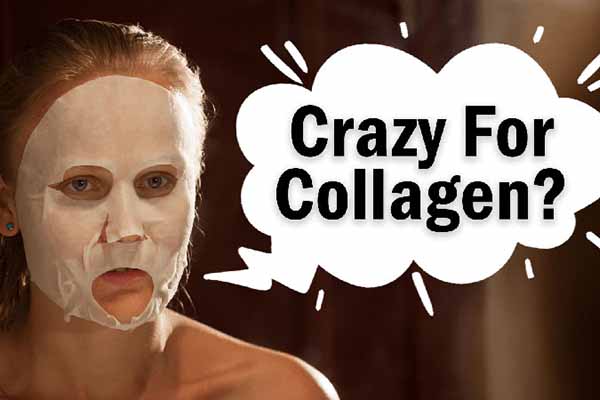There’s a question that’s tossed around skincare circles with increasing velocity. Does the birth control pill actually clear your acne, or can it cause acne?
The birth control pill is a tricky topic, any way you slice it. It affects women’s bodies in so many ways, one major area being the skin. Fortunately, we’ve come a long way from the “only married women can use the pill” mantra of the 1960s. This ideal was the norm following its initial FDA approval.
In lieu of a hard and fast yay or nay solution, let’s close in on how oral contraceptives function to figure out if they’re triggering or targeting acne.
How The Pill Works
Each birth control pill needs a certain amount of hormones to be effective and prevent pregnancy. They’re usually made of a combination of estrogen and progestin (synthetic progesterone) or just progestin, often called “mini-pills.”
The pill does more than make changes in the body to prevent pregnancy. Yes, it works to prevent ovulation and sperm’s ability to enter the uterus. But there are other beneficial side effects, including acne reducing. A recent study found that a combination of ethinylestradiol (synthetic estrogen) and dienogest (progestin) resulted in a 94% decrease in acne among its participants. Not bad at all.
How Does the Birth Control Pill Target Acne?
One of the most prevalent potential causes of acne is hormones—specifically, androgens. Occurring naturally in both men and women, androgens like testosterone, are hormones that increase sebum production. Your skin releases this oil. When you make too much of it, blockage and acne breakouts arrive. Most birth control pills help to regulate androgen levels, in turn alleviate acne. This process can be slow, however,
But it doesn’t clear up overnight, unfortunately. Oral contraceptives typically take at least two months to start working fully.
Fact or Fiction: Birth Control Causes Acne?
This claim is still up for debate among medical professionals. It seems like everyone has a friend who started taking the pill and suffered horrendous breakouts soon after, blaming the hormones from the pill. But that’s a loaded claim, mostly backed by anecdotal evidence in today’s discourse.
But, it’s important to note that not all birth control hormones are anti-androgenic or oil-lowering. Some progestins still act like androgen hormones in the body, mimicking the same types of hormones that contribute to acne. A 1995 study found that pills containing hormones with androgenic effects caused skin-worsening side effects to the point where women actually stopped taking the pills because of how badly it affected their complexion. Yikes! However, compared to the pills used in the study, the newer hormones in up-to-date pills contain lower androgenic activity (or oil production stimulation), and because of this are less likely to cause breakouts.
But Can Oral Contraceptives Treat Acne?
While there may be one blisteringly obvious purpose for taking the pill, some birth control pills are specifically formulated and medically approved to treat acne. The catch is that sometimes the cause of acne isn’t as cut and dry as we’d like to think.
Usually, pills that are used to treat acne reduce androgenic hormone levels from within to get rid of breakouts and pimples. But this isn’t always the case. A 2016 study concluded that hormonal therapy is an effective method of acne treatment regardless of androgen levels in the study participants. That means even though the acne may not be caused by hormones specifically, birth control pills can still be effective at reducing acne.
The pills that are best at treating zits and breakouts are usually “combo pills.” In other words, a pill that contains both an estrogen and a progestin. Common combinations almost always include Ethinylestradiol as the estrogen component, with a specific progestin providing a unique benefit.
Does The Pill Have Side Effects?
No pills come without side effects. And birth control is no exception. Side effects range from mild (like bloating) to more severe, like a pulmonary embolism, aka DVT. DVT is a possibly fatal blood clot that breaks free and travels around the body. This can potentially cause death by blocking a critical vein flowing to the lungs or heart.
A specific hormone called drospirenone, found in many oral contraceptives like Yaz and Yasmin, has been linked to a substantial increase in the risk of blood clots.
Because of these health risks, Bayer, a major pharmaceutical company and the makers of Yaz, has experienced a number of lawsuits filed against it. Turns out the the widely popular oral contraceptive comes with some dangerous potential side effects, by way of drospirenone.
Drospirenone established promising anti-acne effects in clinical trials. Scientists deemed it a potential “miracle hormone” for birth control pills. The thing is, it did help. Hundreds of women found their skin was clearer as a result of starting a birth control method that contained ethinylestradiol and drospirenone. But women never received a proper warning about the side effects.
As time went on, lot of women experienced clinical depression and the fatal blood clots. A 2011 study reports that birth control pills containing this hormone are associated with an increased risk of deep vein thrombosis and pulmonary embolism. These are potentially deadly concerns that the company allegedly downplayed. Despite these findings, this birth control pill is still on the market.
Does that Mean Birth Control is Dangerous?
No, absolutely not. At the end of the day, the drospirenone case is just one hormone out of many where the risks outweigh the benefits. There are many, many birth control pill options proven to help treat acne. At the end of the day, the only person who can decide the right pill for you is you. And, of course, some help from your doctor helps.
The right birth control pill can be the ideal one-two punch for contraception and clear skin.






